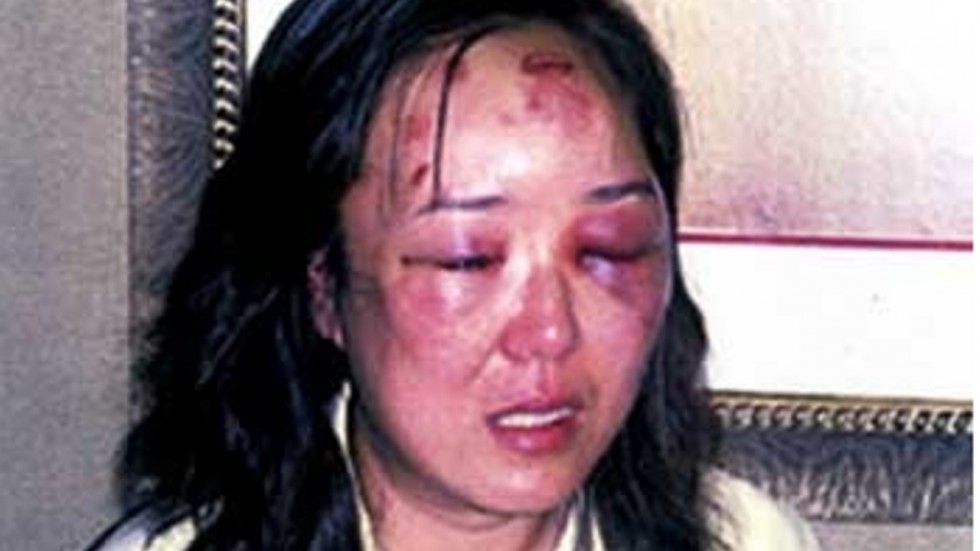By CAROLYN THOMPSON
Associated Press
 A federal judge has ruled in favor of a Chinese businesswoman who was injured during a 2004 confrontation with American border agents at Niagara Falls and sued the U.S. government.
A federal judge has ruled in favor of a Chinese businesswoman who was injured during a 2004 confrontation with American border agents at Niagara Falls and sued the U.S. government.
Following a nonjury trial in Rochester, New York, Judge Elizabeth Wolford awarded Zhao Yan $461,000 for false arrest, medical expenses, pain and suffering and lost earnings. Zhao’s 2006 civil rights lawsuit had sought $10 million in damages.
The judge’s ruling on Aug. 7 found the government liable for U.S. Customs and Border Protection Officer Robert Rhodes’ “assault and battery and false arrest” of Zhao at the Rainbow Bridge U.S.-Canada border crossing in Niagara Falls.
The judge found she was entitled to recover $385,000 for past and future pain and suffering, $64,000 in past medical expenses, $1,800 in lost earnings and $10,000 for false arrest. She was never charged.
The case provoked anger in China after pictures of Zhao, her face swollen from pepper spray and her eyes and forehead bruised, were widely published.
Rhodes initially was fired and criminally charged with violating Zhao’s civil rights. He was acquitted at a 2005 trial and eventually reinstated to his job.
Rhodes’ attorney, Steven Cohen, said Zhao’s civil case could have been avoided had Rhodes’ employer backed him instead of charging him amid pressure from China. Zhao’s lawyers in the civil case, he said, used the government’s treatment of Rhodes in their favor.
“It makes me angry to see a frivolous lawsuit rewarded with a verdict,” Cohen said.
Zhao, a business owner and piano teacher, had been in the United States on a business visa to study the market for wood in Pennsylvania, court documents show. She was sightseeing at Niagara Falls when the confrontation occurred.
In charging Rhodes, government prosecutors claimed he used excessive force when he used pepper spray on Zhao, put his knee on her back and drove her head into the pavement. But during the 2015 civil trial, U.S. authorities said Zhao’s injuries were her fault because she ran from the officer and then kicked, punched and scratched him before two other officers arrived and helped restrain her on the ground.
The then-38-year-old Zhao and two other women had run from the inspection station, instead of obeying officers’ orders to come inside after they detained a drug suspect they thought may have been with the women.
Zhao said she ran because the officers frightened her.
Acting U.S. Attorney James P. Kennedy Jr. said the judge’s decision delivered the justice the government has sought all along, even as it took the seemingly contradictory positions of prosecuting Rhodes criminally and then defending him in the civil case. The burdens of proof for excessive force differ in criminal and civil contexts, he said.
Kennedy said his office wanted to hold the officer accountable but not allow Zhao to be “unjustly compensated for injuries which, according to Judge Wolford, did ‘not even approach the magnitude she (claimed).”’
Zhao, in her lawsuit and accompanying court documents, said the confrontation humiliated her and the mental and physical trauma she suffered left her unable to work and afraid of uniformed police.
“This incident harmed almost all aspects of my life,” she said in a court filing.
Zhao’s lawyers did not immediately respond to requests for comment.



